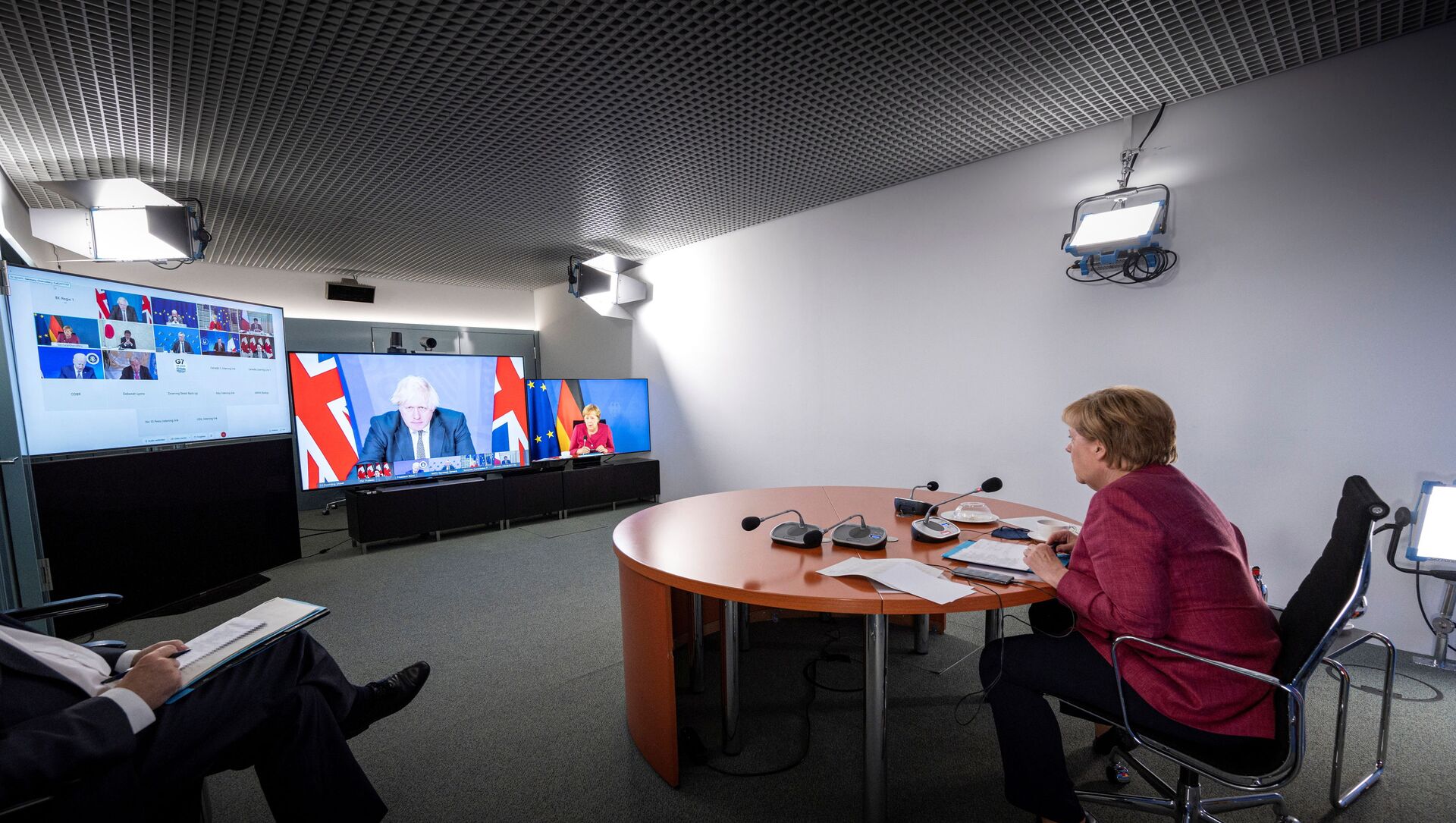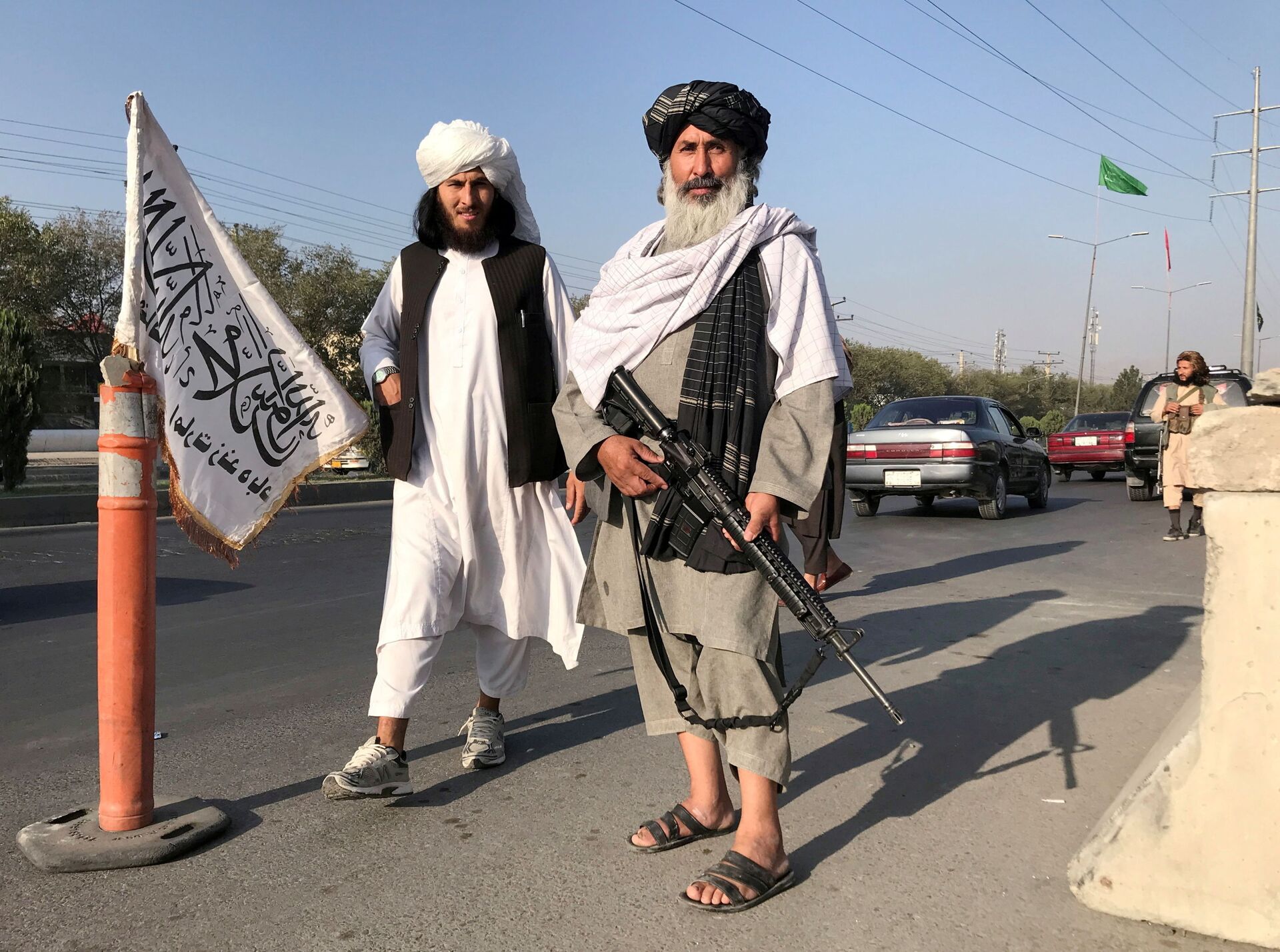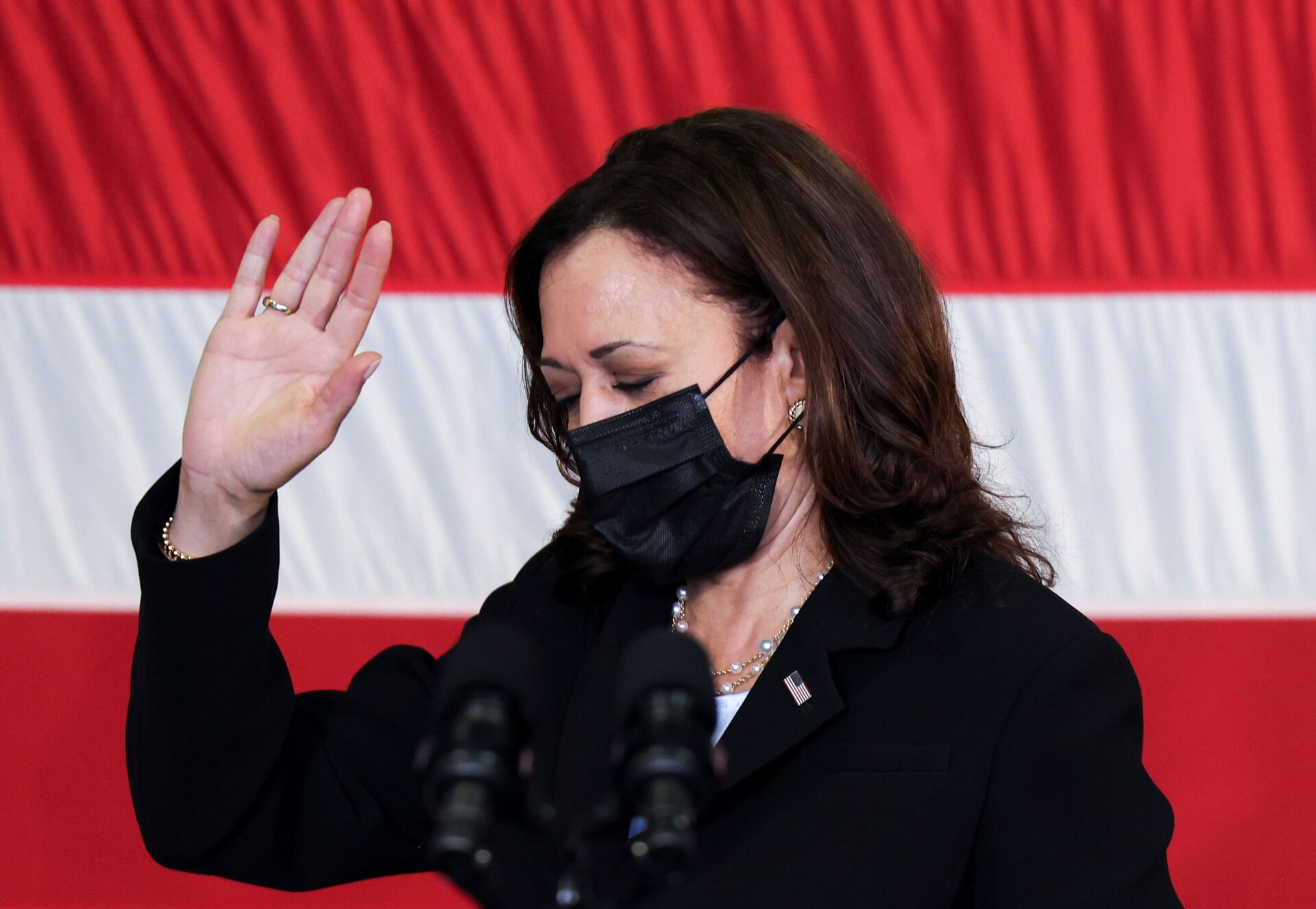Divided We Fall? What Follows 'Disarray' Among G7 Countries Over Afghanistan
21:29 GMT 24.08.2021 (Updated: 18:36 GMT 13.05.2023)

© REUTERS / GUIDO BERGMANN
Subscribe
On Tuesday, the G7 member-countries held a virtual summit hosted by the United Kingdom, with leaders from the US, Canada, Germany, France, Italy, and Japan, seeking to discuss the current situation in Afghanistan.
As the G7 member countries agreed on several key points in regard to the current situation in Afghanistan, like providing access to the Kabul airport for those willing to leave the country and setting a deadline for wrapping up the evacuation, the group might still face difficulties in reaching common ground over decisions regarding the nation.
The move by US President Joe Biden to continue the American withdrawal from the Middle Eastern country was not met with enthusiasm from G7 members, as complaints and criticism arrive from the European countries, the United Kingdom, and others.
As the UK-hosted virtual summit continued on Tuesday - a week before the 31 August deadline set for all foreign troops to leave Afghanistan - group members agreed on a roadmap for dealing with a "probable" Taliban* government and insisted that they will hold control of the Kabul airport as long as it is possible. As Biden said that the US intends to comply with the 31 August deadline, many G7 members, including in London and Berlin, sought to promote extending the deadline.
David Schultz, an author and a professor of political science and law at Hamline University in the US state of Minnesota, noted that it will be "hard" for the G7 to "maintain a united front because of the divide the US created in a near unilateral decision to pull out of Afghanistan".
"Regardless of whether the original decision to invade that country was correct, the original choice represented a multilateral decision by the US and its allies to act together to address global terrorism", Schultz says. "However, beginning with the Trump and now into the Biden administration, the interests of the US have diverged from that of the rest of the coalition."
The White House's reluctance to extend the 31 August deadline does not cater to discontent of the evacuation's pace voiced by UK PM Boris Johnson and Germany's Foreign Minister Heiko Maas. France also joined the choir of those suggesting that the evacuation requires more time.
Biden's decision to continue and complete the pullout of US troops was earlier named a "serious and far-reaching miscalculation" by some European officials, and the surge of the Taliban that followed was called "a catastrophe" by the High Representative of the EU for Foreign Affairs and Security Policy, Josep Borrell.
"There is anger amongst many in the G7 coalition that the US should have consulted them on a variety of measures, and now they are being asked to clean up the refugee and humanitarian mess left by the Biden decision to pull out", notes Schultz. "They are being asked to bear costs for a decision they were not consulted on. It will be hard to gloss over the anger with the US decision."

A Taliban fighter holding an M16 assault rifle stands outside the Interior Ministry in Kabul, Afghanistan, August 16, 2021.
© REUTERS / STRINGER
An evacuation deadline extension would not be welcomed by the Taliban, as the militants warn of "consequences" if foreign troops fail to leave Afghanistan by 31 August, stressing that it is a "red line".
Inderjeet Parmar, an international relations expert and professor of International Politics at City University, described the current atmosphere between the G7 countries as "disarray", saying that their "defeat" is "on full display on televisions all over the world".
"They make statements threatening sanctions, etc., against the Taliban re-evacuations from Kabul, but they also know that the Taliban are pretty much in full control", says Parmar.
The professor also pointed at how the US administration justifies the speedy Afghanistan withdrawal "on the basis of challenging China and Russia more robustly", referring to "aggressive sleeves and comments re China and Russia" made by US President Joe Biden and Vice President Kamala Harris. The latter, when delivering a speech in Singapore on Monday, said that Beijing "continues to coerce, to intimidate, and to make claims to the vast majority of the South China Sea" and asserted that its "actions continue to undermine the rules-based order and threaten the sovereignty of nations", prompting swift condemnation from China.
"This suggests that ending endless wars is far less important than this new ‘pivot’ to Asia, which intensifies what began under Obama and ramped up under Trump. Biden seems to be continuing that trend in the wake of Afghanistan", Parmar suggests. "However, it is clear also that there is no power vacuum in either Afghanistan or Central Asia and that major regional powers are engaging with the Taliban."

U.S. Vice President Kamala Harris waves after speaking to troops at the USS Tulsa in Singapore, August 23, 2021
© REUTERS / EVELYN HOCKSTEIN
While the Taliban remains internationally designated a terrorist entity, UK Prime Minister Boris Johnson said that chances are there will be a Taliban government in Afghanistan, suggesting that the G7 could have "huge leverage" upon it. However, many countries remain reluctant to recognize the Taliban as legitimate leaders for the Middle Eastern nation.
"The G7 meeting that excludes regional powers has limited value and I think their irrelevance in influencing facts on the ground will be pretty clear", suggests Parmar.
*The Taliban is a terrorist group outlawed in Russia and many other countries



